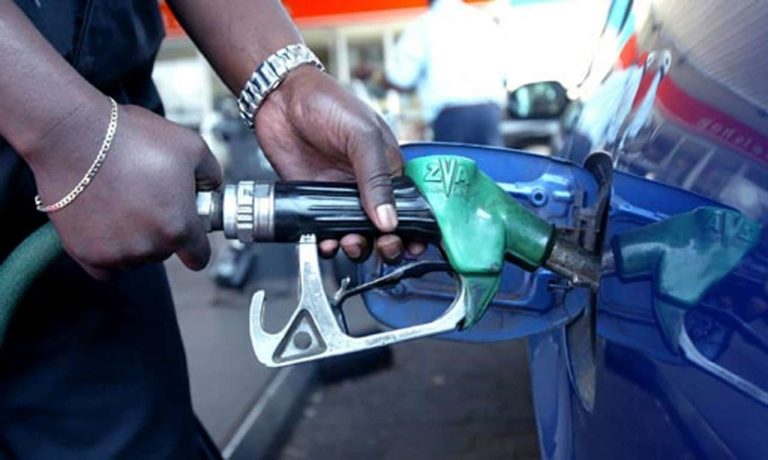
Finance Minister and Coordinating Minister of the Economy, Wale Edun, has announced that the economic reforms introduced by the Tinubu administration, particularly the removal of fuel subsidies and adjustments to foreign exchange policies, have saved Nigeria approximately N930 billion in previously lost revenue.
This revelation was made during a Senate Committee on Appropriations inquiry into the financial impact of these reforms, particularly the controversial subsidy removal.
While Edun painted a picture of recovery and progress, his figures have sparked skepticism among critics and analysts who find the claim difficult to reconcile with Nigeria’s historical subsidy expenditures.
Register for Tekedia Mini-MBA edition 19 (Feb 9 – May 2, 2026): big discounts for early bird.
Tekedia AI in Business Masterclass opens registrations.
Join Tekedia Capital Syndicate and co-invest in great global startups.
Register for Tekedia AI Lab: From Technical Design to Deployment (next edition begins Jan 24 2026).
Edun explained to the Senate that the removal of the fuel subsidy, a key economic reform under President Bola Tinubu’s administration, was instrumental in the country saving N930 billion, representing about five percent of the revenue losses previously incurred due to the subsidy. He also highlighted the administration’s efforts to stabilize the economy and steer it onto a recovery path, citing a GDP growth rate exceeding three percent in 2024.
“The administration inherited an economy on the brink, but through targeted reforms, we are now on a recovery path,” Edun said. He added that these measures, alongside improvements in revenue collection from agencies like the Nigeria Customs Service and the Federal Inland Revenue Service, had enabled 100 percent implementation of the 2024 recurrent expenditure despite the difficult economic environment.
Skepticism Over Revenue Savings
Critics, however, have raised doubts about the N930 billion savings figure, arguing that it falls significantly short of expected given the magnitude of Nigeria’s fuel subsidy expenditure in recent years. For instance, the Nigerian government spent N3.6 trillion on fuel subsidies in 2023 alone, despite the subsidy being officially removed in May of that year.
Before its removal, the subsidy cost the country an estimated N400 billion to N500 billion monthly, an unsustainable burden that contributed to widening fiscal deficits and mounting public debt. By comparison, the reported savings of N930 billion represent only about two months of subsidy payments, raising questions about the accuracy of the government’s calculations and the extent of the reforms’ financial impact.
Fuel subsidies have long been a contentious issue in Nigeria. Introduced as a measure to keep petrol prices artificially low, they have historically drained government revenues and contributed to economic inefficiencies. In 2022, Nigeria spent N4.39 trillion on fuel subsidies, a figure that escalated in 2023 despite assurances that reforms were underway.
The subsidy removal announced by President Tinubu in May 2023 was seen as a bold move to address these challenges. While it has reduced the fiscal strain, the government’s ability to demonstrate tangible benefits from the reform remains a concern.
Contradictions in Fiscal Performance
The skepticism surrounding Edun’s claims is further fueled by the administration’s broader fiscal challenges. Despite the reported savings, many Nigerians are yet to see significant improvements in public services or economic conditions. Inflation remains high, and the costs of goods and services have continued to soar, compounding the financial strain on households.
Moreover, critics argue that the subsidy savings should have freed up resources for investment in critical infrastructure and social programs. However, the government’s spending priorities and transparency in the use of these funds remain unclear.
Economists and civil society groups have called for a detailed audit of subsidy-related expenditures and the savings accrued from its removal.
Many believe the N930 billion figure doesn’t align with the magnitude of what the subsidy used to cost the country, demanding that the government explain where these savings are going and how they are impacting the economy.
While the administration has touted its achievements in revenue generation and economic recovery, analysts note that the lingering skepticism underscores the need for greater transparency and accountability in public finance management.
They note that the promise of economic recovery rests not only on bold reforms but also on the government’s capacity to convince Nigerians that these measures are delivering tangible benefits.



